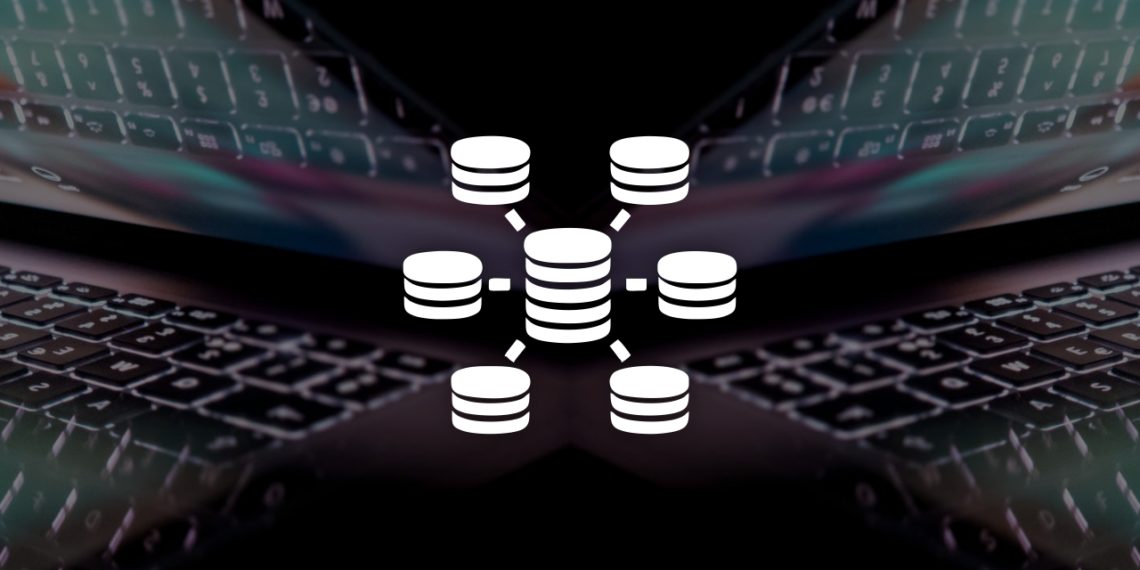A ResearchAndMarkets report evaluates the technologies, companies, and solutions for leveraging big data tools and advanced analytics for IoT data processing. Emphasis is placed on leveraging IoT data for process improvement, new and improved products, and ultimately enterprise IoT data syndication.
The state of the big data in IoT market
- The overall global market for big data in IoT will reach $50.9 billion by 2026.
- Data analytics is the largest segment by product and service in the big data IoT market.
- Big data in IoT as a service will reach $7.3 billion by 2026 with North America leading the market.
- Storage of big data in IoT will reach $16.2 billion by 2026, driven by low-cost cloud-based solutions.
- Big data in IoT within the government sector will exceed $6 billion by 2026, fueled by military and public safety initiatives.
- Financial services, government, telecom, retail, healthcare, manufacturing, building automation, consumer electronics, and transport and cargo are some of the major industry verticals for the big data in the IoT market.
Data that is uncorrelated and does not have a pre-defined data model and is not organized in a predefined manner requires special handling and analytics techniques. The common industry term, big data, represents unstructured data sets that are large, complex, and prohibitively difficult to process using traditional management tools.
As IoT progresses, there will be an increasingly large amount of unstructured machine data. The growing amount of human-oriented and machine-generated data will drive substantial opportunities for AI support of unstructured data analytics solutions.
Data generation is of high volume
Big data in IoT is different from conventional IoT and thus will require more robust, agile and scalable platforms, analytical tools and data storage systems than conventional big data infrastructure. The data generation is many times faster. Generation of data is of high volume and it will come in many forms and thus there is a need of developing new platforms and systems.
Companies such as treasure Data, have developed unified logging layer Fluentd, JSON coming up as a Java-based lightweight data interchange platform and DDS helping in real-time data processing and lightweight protocols are some of the great developments happening towards developing dedicated big data infrastructure for IoT.
Looking beyond data management processes, IoT data itself will become extremely valuable as an agent of change for product development as well as identification of supply gaps and realization of unmet demands. Big data and analytics used in IoT will become an enabler for the entire IoT ecosystem and business as a whole as enterprises begin to syndicate their own data.
AI further enhances the ability of big data analytics and IoT platforms to provide value to each of these market segments. The use of AI for decision-making in IoT and data analytics will be crucial for efficient and effective decision-making, especially in the area of streaming data and real-time analytics associated with edge computing networks.
Credit: Source link





















